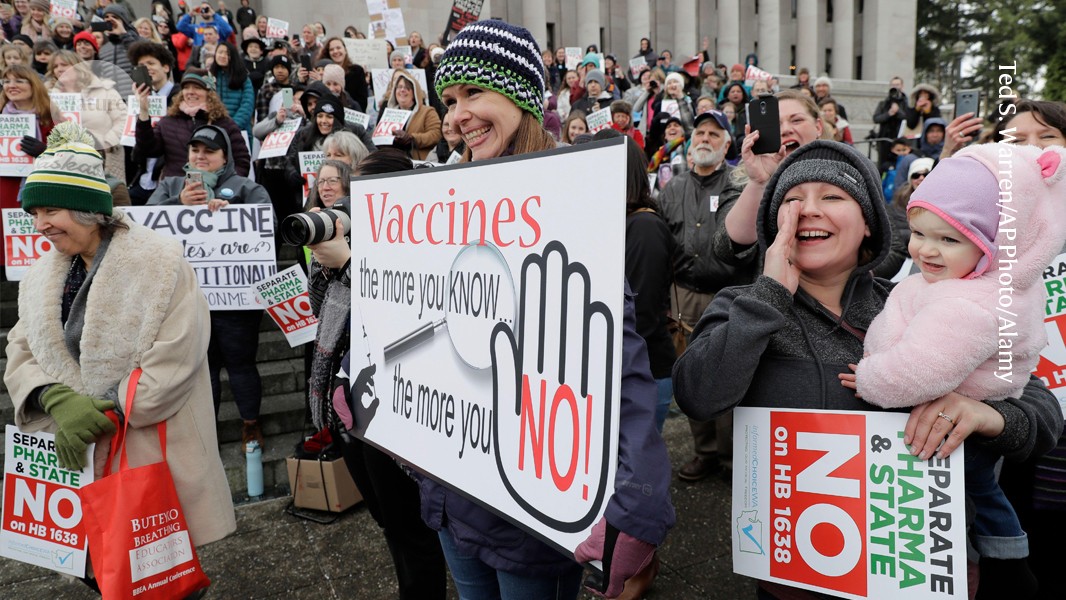
""I'm a mom - I've had plenty of playground conversations. When people find out I study vaccines, they love to ask questions. What I try to do is listen and, as best as I can, share what I know.""
""The shift in public attitudes towards immunizations can leave scientists, physicians and many others feeling disheartened because vaccines are among the most cost-effective ways to prevent disease and have saved more than 150 million lives over the past 50 years.""
""A major global study found that perceptions of vaccines' importance for children dropped in 52 of 55 countries studied during the COVID-19 pandemic.""
""Unfortunately, trends could worsen, in part because of the influence of Robert F. Kennedy Jr, who has repeatedly questioned the safety of vaccines and inaccurately connected them to autism.""
Sophia Newcomer, an epidemiologist at the University of Montana, investigates vaccine hesitancy and safety issues. In personal conversations as a mom, she encounters many vaccine-related questions, reflecting a growing global concern about vaccine perceptions, particularly postpartum COVID-19. This has resulted in increased hesitancy, with 20% of U.S. parents reluctant to vaccinate their children, contributing to outbreaks of preventable diseases like measles. Public health experts emphasize the importance of addressing these doubts with accurate information, as vaccines are crucial for disease prevention and have historically saved millions of lives.
Read at Nature
Unable to calculate read time
Collection
[
|
...
]